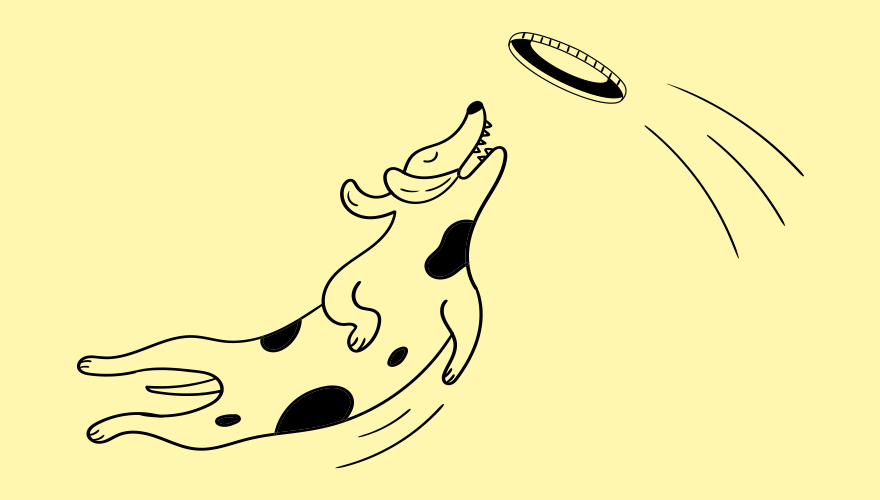Blog
How talent professionals can balance certainty and change

While reliability is essential for consistency and order, validity drives genuine value. HR needs both, argues business strategy expert professor Roger Martin.
In today's dynamic business landscape, there is a crucial interplay between consistency and value creation. The concepts of reliability and validity are pivotal forces reshaping how we navigate talent management and organizational strategy.
The reliability-validity dilemma
At the heart of this discussion lies a dichotomy that stretches back to the ancient roots of philosophy. Reliability, characterized by the practice of achieving consistent and replicable outcomes, stands in contrast to validity, which focuses on generating outcomes aligned with desired objectives.
Consider a train system. A reliable train system is one where trains consistently arrive at their destinations on time, like a well-oiled machine. In contrast, a valid train system not only adheres to the schedule but also transports passengers to the places they truly want to go. The key takeaway here is that while reliability ensures consistency, validity aims to create value by meeting actual needs and desires.
Balancing certainty and change
These concepts find resonance in the teachings of Aristotle, one of history's greatest thinkers. Over two millennia ago, Aristotle laid the foundation for what we now refer to as the scientific method – a method that has become the backbone of decision-making in various fields, including business and HR. Aristotle's wisdom is particularly pertinent when we consider the distinction between reliability and validity.
Aristotle recognized that the scientific method was apt for a specific part of the world – the part where things cannot be other than they are. This aligns with the notion of reliability, where consistency and predictability are paramount. However, Aristotle also acknowledged that there exists another realm – the part of the world where things can change, evolve, and be different from what they once were. In this domain, the concept of validity comes into play, as it requires accounting for change and variability.
Reliability, validity, and HR: bridging the gap
Translating these ideas to the world of HR, we encounter a perennial challenge. HR and talent professionals often find themselves caught between the need to ensure consistent processes and the aspiration to nurture and attract valuable talent. The tension between paying employees based on preset categories (reliability) and recognizing their unique contributions (validity) can lead to conflicts.
Imagine an employee who's excelling beyond their role's expectations. According to reliability-driven HR norms, their salary might be confined to a predetermined range. However, a validity-oriented approach would acknowledge their exceptional performance and warrant higher compensation. This is where the clash of reliability and validity becomes apparent.
The question then arises: can HR fully embrace validity while still upholding reliability? The answer lies in understanding the right balance. When Steve Jobs founded Apple, he was focused on the validity of his innovative products. However, in due course he came to understand that reliability – a solid supply chain and financial stability – was equally crucial to bring his visionary ideas to fruition.
Just as Aristotle's wisdom guided the understanding of change and constancy, the evolution of smartphones provides a tangible analogy. The emergence and ubiquity of smartphones over the past decades showcase how the world can swiftly transition from the unfamiliar to the indispensable, mirroring the dynamic nature of validity.
Embracing uncertainty
How can we assume that the future will mirror the past when the very essence of our world is change? The crux of the matter is embracing uncertainty. We must recognize that not everything can be predicted solely by past data and trends.
The realms where change reigns – like the explosive growth of smartphones –- are not confined by the rules of the scientific method. From an HR and talent perspective, employees’ behaviors, preferences, and decisions can't be confined to a static pattern.
Aristotle’s division of the world serves as a reminder that our obsession with prediction must be tempered by an understanding of the dynamic nature of our surroundings.
For HR to thrive in this dynamic environment, a paradigm shift is necessary. It involves recognizing that while reliability is essential for consistency and order, validity is the driving force behind creating genuine value. This shift might require rethinking the HR function, potentially even bringing in professionals from outside the traditional HR realm to provide a validity-oriented perspective.
Just as reliability keeps the trains running on time, validity ensures they're heading to the right destinations. In this modern age, where change is the only constant, we must be willing to adapt our methods and approaches, embracing the uncertainty that defines our world.
Workforce sustainability
Check out more from other thought leaders in our featured content series to help you build a workforce that's resilient, adaptable, and ready to take on the future.







